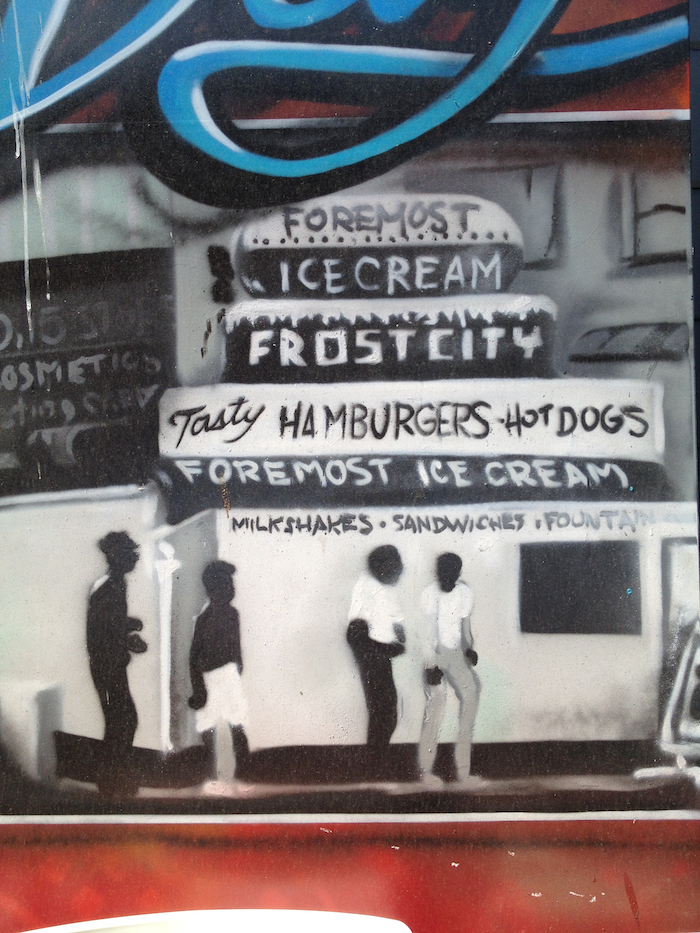Surveillance

Explore the politics, culture and technology of surveillance. In this issue, we feature pieces on sex work and surveillance, black women and surveillance theory, and the ethics of academic surveillance from elementary schools to the research establishment. We critique anti-surveillance methodologies, explore the histories of state violence and civilian surveillance, and learn how surveillance became Silicon Valley’s business model. Plus, social media as a digital panopticon and Big Brother, race and immigration. Photo CC-BY Kelly Bumford, cropped and filtered.
Big Brother is An Asshole
There is no way to confirm we’re being treated unfairly because we chose to voice our opinions, whether our visa is rejected or we’re put through extra security at airports. As an immigrant, Big Brother feels even more oppressive.
How Silicon Valley Learned to Love Surveillance
Since the dot-com crash, data collection and analysis have become the core DNA of most internet companies.
Social Networking as Peer Surveillance
Are we the greatest threat to our privacy online?
Feeling Some Kind of Way About Surveillance
Racial profiling fundamentally relies on surveillance, and in the case of African Americans, it’s been going on for hundreds of years; so far we have not been able to opt out of being constantly watched.
Social Media and Academic Surveillance: The Ethics of Digital Bodies
Now Twitter is the panoptic medium.
Grooming Students for A Lifetime of Surveillance
The same technologists who protest against the NSA’s metadata collection programs are the ones profiting the most from the widespread surveillance of students.
Sex Work and Surveillance
Sex workers live at some of the most complicated intersections of surveillance and its many threats.
Everyone Watches, Nobody Sees: How Black Women Disrupt Surveillance Theory
Our picture of surveillance needs to factor in not just tech developments, but the cultural standards that have bred surveillance, especially towards black culture, as part and parcel in our world.
This issue is made possible in part by some of our generous readers: Michael Friis, Johnathan Nightingale, Melissa Shapiro, Chris Stainthorpe, Hannah Howard, Frank Conanan, Matt Distefano, Timothy Fitz, Joe Pindar and Dennis Au.






